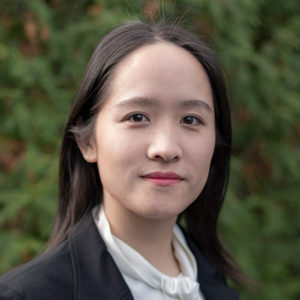Advanced oxidation processes (AOPs) target the chemical destruction of a wide range of non-biodegradable, toxic, and recalcitrant organic pollutants instead of removal via physical separation, which produces contaminant-laden concentrates or solids. Hydrogen peroxide (H2O2) is the most widely used precursor that produces highly reactive and nonselective hydroxyl radical at the site of AOP through the activation by UV irradiation. The potential for AOPs to meet the growing demand of transforming centralized treatment and distribution practice into modular, small-scale, and decentralized treatment paradigm can be maximized by innovative technologies that can synthesize precursor chemicals also at the site of water treatment, eliminating the need for continuous chemical supply.

In this seminar, I will first present an electrochemical generation cell that produces a large quantity of H2O2 while consuming only 0.2 to 20% of the total electricity consumption of AOPs in various AOP application scenarios employing UV activation. H2O2 production capability of the device is further examined with simulated drinking water and wastewater as feed electrolytes to demonstrate its potential for real-world operation scenarios. Then I will present recent research progress on in-situ characterization of solid-liquid-gas triple-phase boundary layer, where H2O2 electrosynthesis occurs. Scanning electrochemical microscopy (SECM) was used to improve the microscopic understanding of electrochemical reaction mechanisms on the interface and to quantify the chemical species concentration profile within the diffusion layer of the electrode surface.
Dr. Qianhong Zhu is a postdoctoral researcher of Tarpeh lab in Stanford University’s Chemical Engineering Department. She is interested in developing next-generation modular electrochemical/electrocatalytic systems for various applications in decentralized water treatment for water security and sustainability. Qianhong received her doctoral degree in Chemical and Environmental Engineering from Yale University in 2021 and her B.S. in Chemical and Biomolecular Engineering and B.A. in Civil and Environmental Engineering from Rice University in 2016.